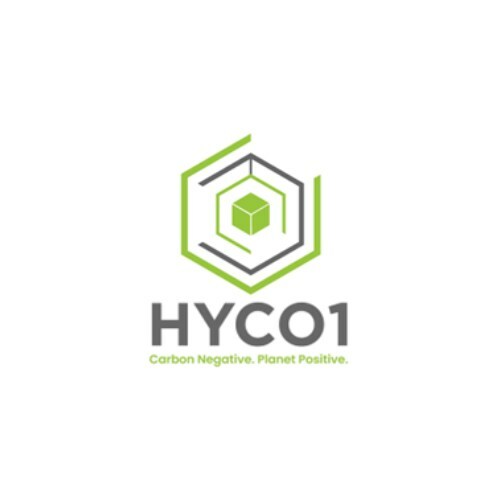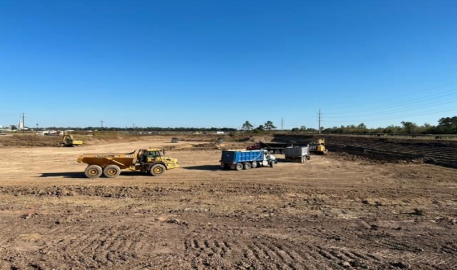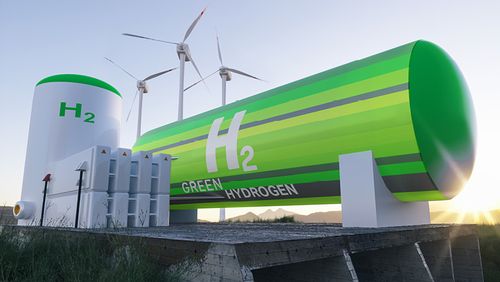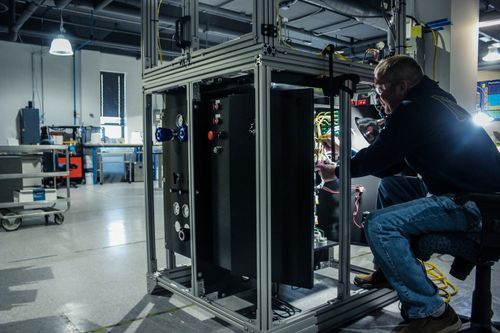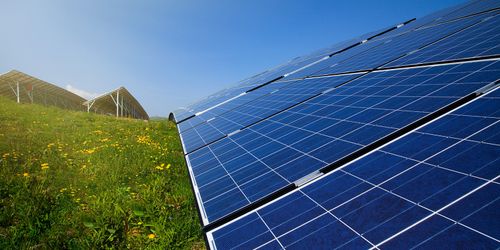KeyState Energy, a Pennsylvania-based development company, has engaged a financial advisor to launch a $60m equity process in September, according to two sources familiar with the matter.
Young America Capital is advising on the forthcoming process, the sources said.
The capital raise is for the company’s marquee Natural Gas Synthesis blue hydrogen project in Clinton County, one of the sources said. CapEx for the project is estimated at $1.5bn. OCGI is a pre-FEED investor in the project and the coming equity raise is meant to attract a FEED investor.
The 200 mtpd project has contracted offtake with Nikola Corporation, one of the sources said. In October it was reported that Nikola and KeyState were working towards a definitive agreement to expand the hydrogen supply for Nikola’s zero-emissions heavy-duty fuel cell electric vehicles.
The 7,000-acre natural gas and geologic storage site was formerly known for coal, iron and rail, according to the company’s website.
KeyState Energy did not respond to a request for comment. YAC declined to comment.



